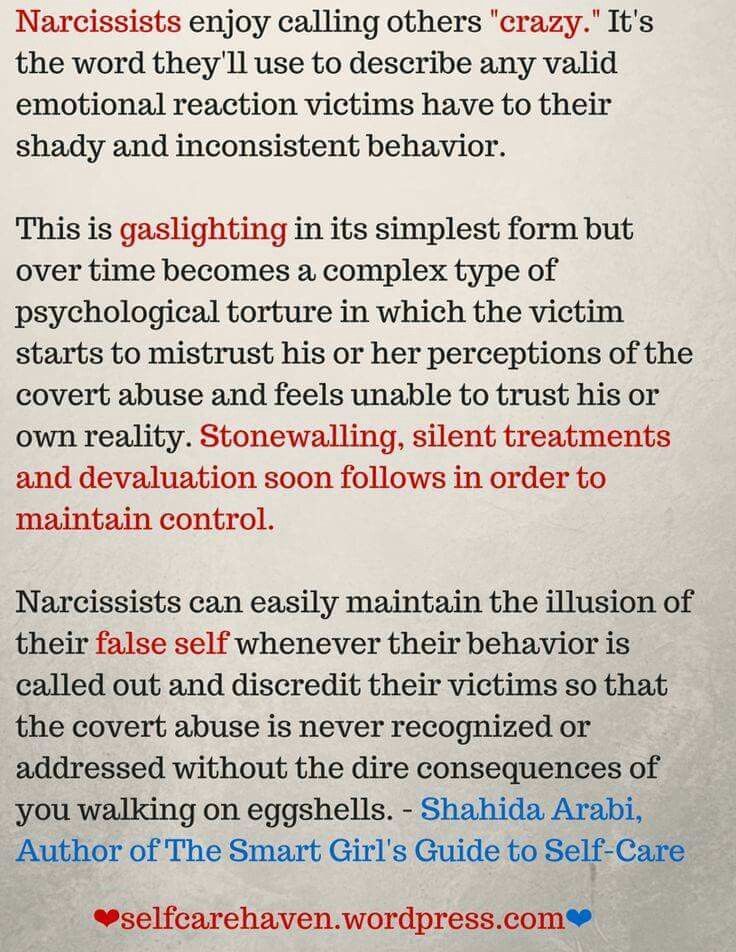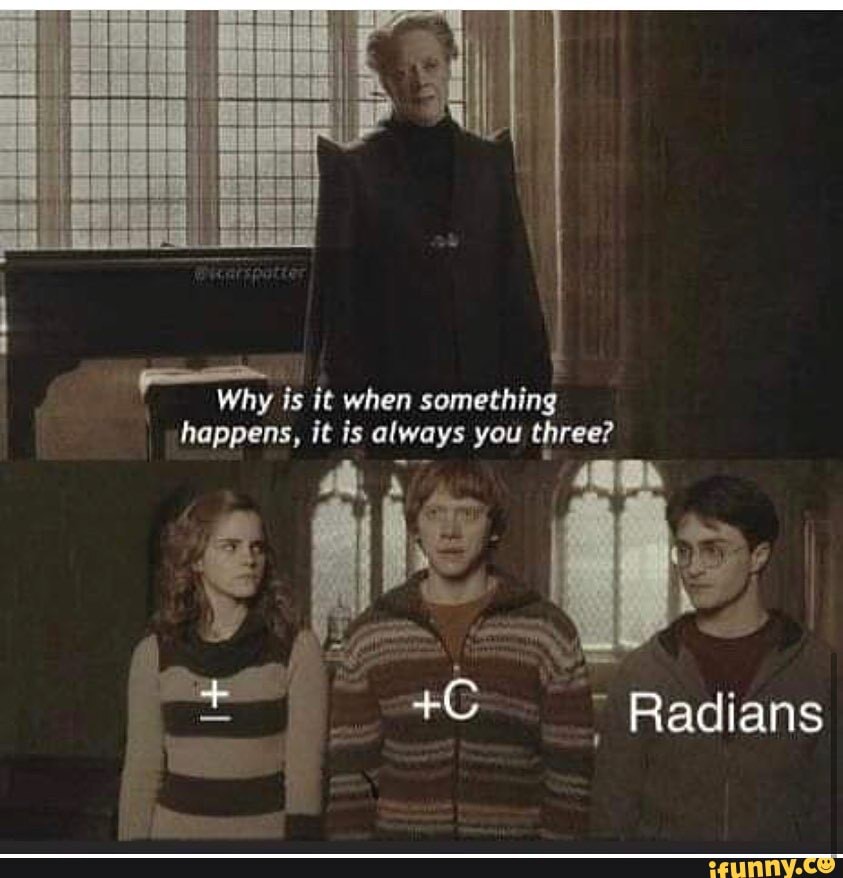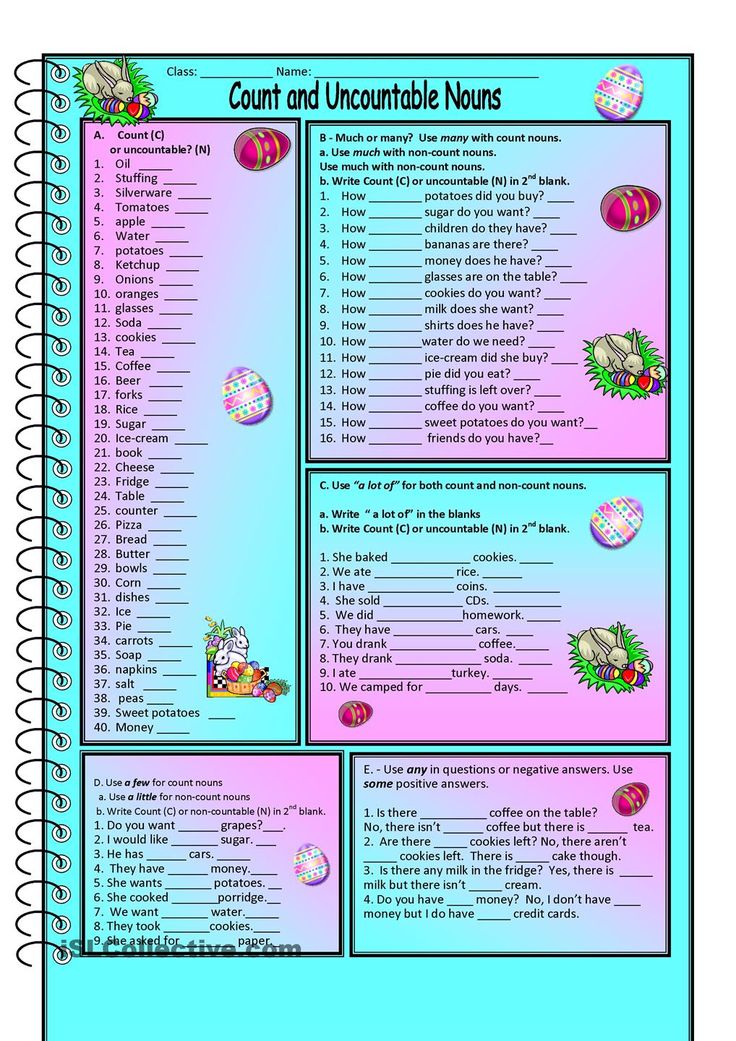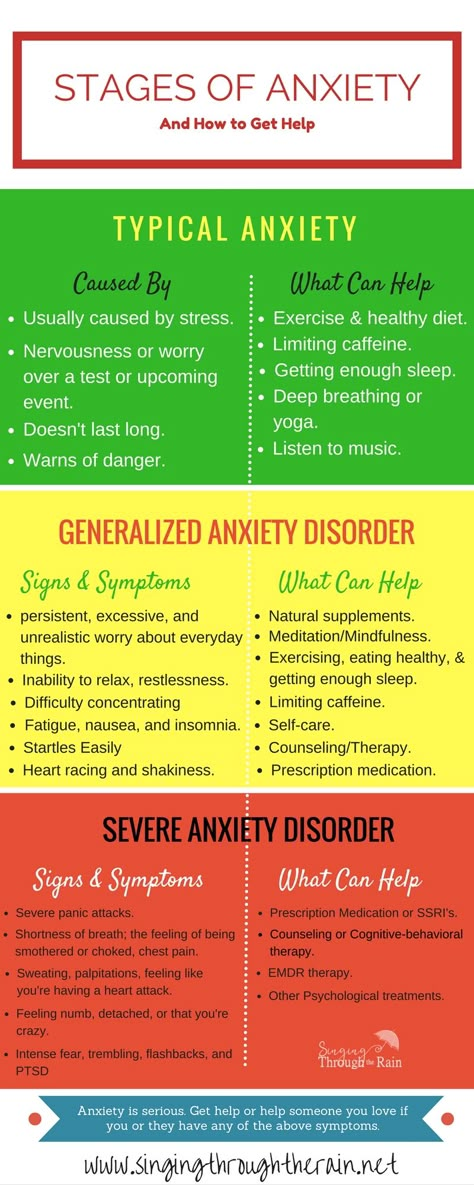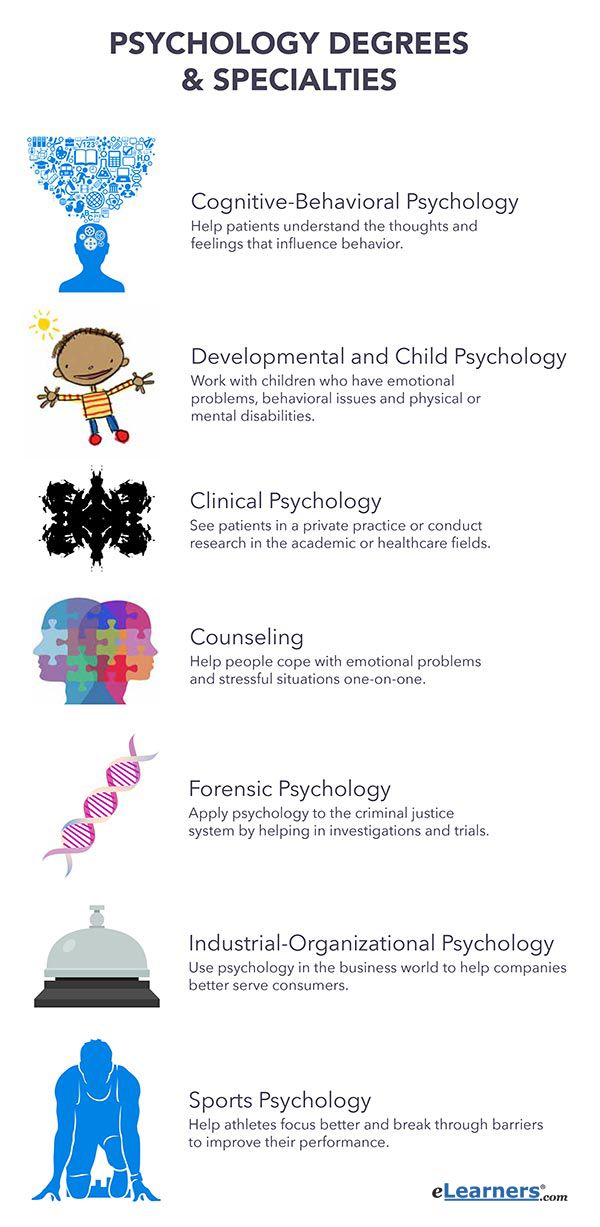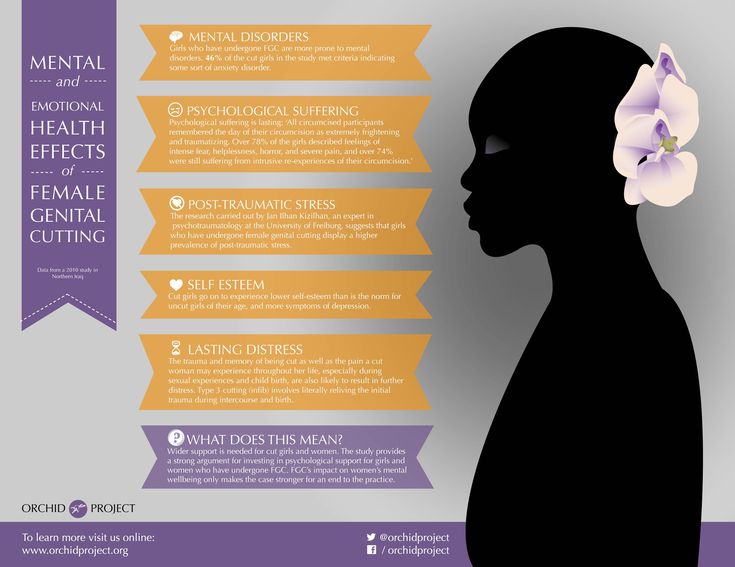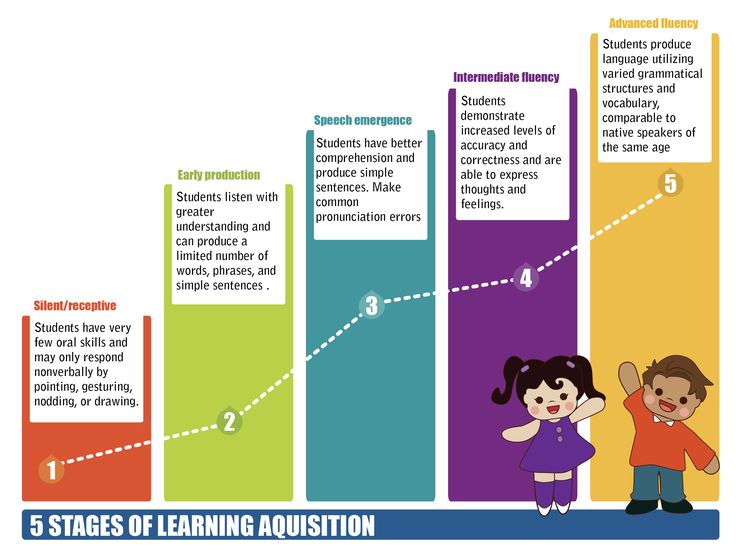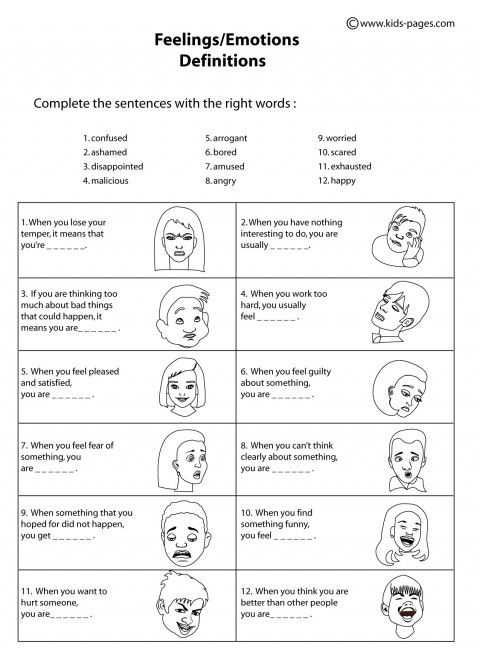Narcissistic test one question
How to identify a narcissist with one simple question
How do you identify a narcissist? A new study says all you have to do is ask.
(Mel Melcon / Los Angeles Times)
Researchers have discovered the quickest way to tell if someone is a narcissist: Simply ask them.
A new study describes a single question that appears to be nearly as accurate at identifying narcissists than a commonly used narcissist diagnostic test 40 items long.
And that single question is this: “To what extent do you agree with this statement: I am a narcissist. (Note: The word ‘narcissist’ means egotistical, self-focused and vain.)”
The parenthetical definition of narcissism is part of the carefully worded question, so the meaning of the word is clear and nothing is sugarcoated. Responders are asked to select a number between 1 (not very true of me) to 7 (very true of me).
The upshot is, if you think you are a narcissist, you are probably right.
(If you’d like to try it for yourself, the researchers have set up a quick interactive quiz for the public to take.)
“Narcissists have no problem admitting they are narcissists,” said Brad Bushman, a coauthor on the paper and a professor of communication and psychology at Ohio State University. “They think they deserve special treatment and they don’t try to hide that from others.”
In 11 different studies with more than 2,000 participants, the research team found that people who scored high on what they call their Single Item Narcissism Scale (SINS) also tested for other traits associated with narcissism including low empathy, less committed relationships, a preference for non-social rewards, higher aggression, and even a belief that they should be paid more than their colleagues.
They were also more likely to be younger than people who scored lower on the self-reported narcissism scale.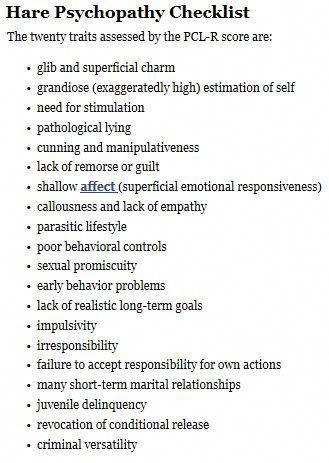
Still, in the conclusion of the paper, they acknowledge that the results of their study may be hard to swallow at first.
“Are people really aware of their own levels of narcissism?” they write in the paper, published this week in PLOS One. “We would argue that, based on the evidence from the current studies, people who are willing to admit that they are relatively more narcissistic than others, actually are.”
Bushman added that there were even people who admitted to being a full fledged 7 on the narcissism scale.
“It was just 1 percent of the thousands of responses we got chose 7, but some people did,” he said.
The researchers admit that SINS is not perfect. While it does a good job of identifying narcissists, it does not distinguish between those who are loud and proud of their narcissism (grandiose narcissism) and those who are more shy and feel shame and concern that people will judge them negatively for their self-involvement (vulnerable narcissism).
The authors say SINS should not replace other narcissism diagnostic tests, but they say it can still be useful. After all, some of the longer tests can take as long as 13 minutes to read and complete. SINS takes just 20 seconds.
After all, some of the longer tests can take as long as 13 minutes to read and complete. SINS takes just 20 seconds.
“I’d imagine people using it in very expensive studies, and exploratory studies,” said Bushman. “Or when you are concerned about fatigue. I think it is very useful if you just want a quick and dirty take. It corrleates so strongly with the 40-question test, and it is a lot better than nothing at all.”
He added that even non-research types might find the question useful when picking a potential mate, or making a hire.
“Narcissists are very bad relationship partners and they are bad team players,” he said. “It might be nice to find out how much of a narcissist someone is.”
And, as the study shows, all you have to do is ask.
Do you love to learn? Follow me @DeborahNetburn and “like” Los Angeles Times Science & Health on Facebook.
It Takes Just One Question to Identify Narcissism
Ohio State researchers believe they have developed and validated a new method to identify which people are narcissistic.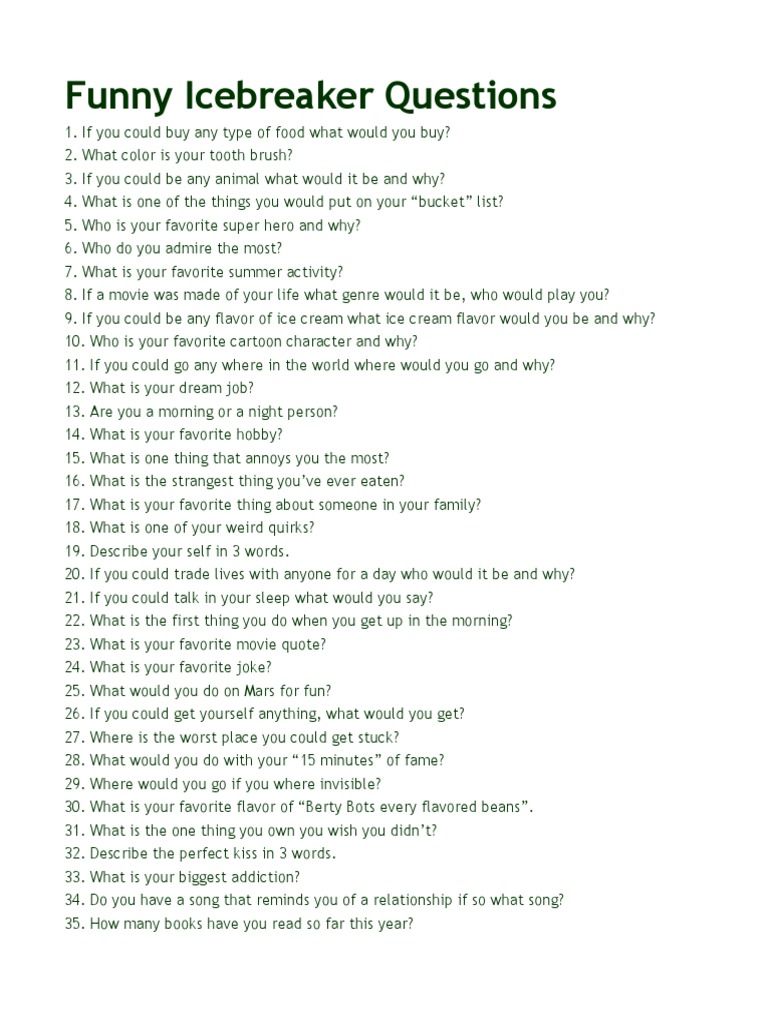
And, the beauty is that the tool is only a single question.
In a series of 11 experiments involving more than 2,200 people of all ages, the researchers found they could reliably identify narcissistic people by asking them this exact question (including the note):
To what extent do you agree with this statement: “I am a narcissist.” (Note: The word “narcissist” means egotistical, self-focused, and vain.)
Participants rated themselves on a scale of one (not very true of me) to seven (very true of me).
If you are curious about the test or want to know how narcissistic are you? The test is found at http://tinyurl.com/ovsf54v.
Results showed that people’s answer to this question lined up very closely with several other validated measures of narcissism, including the widely used Narcissistic Personality Inventory (NPI).
The difference is that this new survey — which the researchers call the Single Item Narcissism Scale (SINS) — has one question, while the NPI has 40 questions to answer.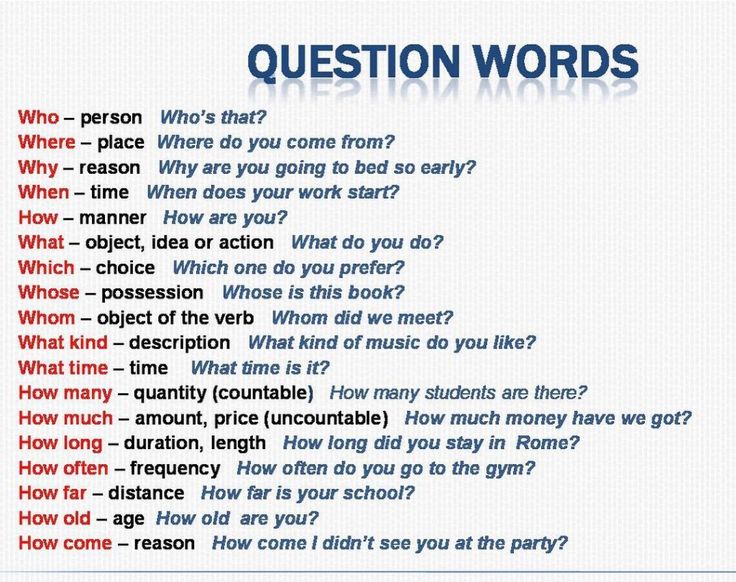
“People who are willing to admit they are more narcissistic than others probably actually are more narcissistic,” said Brad Bushman, co-author of the study and a professor of communication and psychology at Ohio State University.
“People who are narcissists are almost proud of the fact. You can ask them directly because they don’t see narcissism as a negative quality — they believe they are superior to other people and are fine with saying that publicly.”
Bushman conducted the study with Sara Konrath of the Indiana University Lilly Family School of Philanthropy (formerly of the University of Michigan) and Brian Meier of Gettysburg College.
The study has been published in the journal PLOS ONE.
“Understanding narcissism has many implications for society that extend beyond the impact on the individual narcissist’s life,” Konrath said.
“For example, narcissistic people have low empathy, and empathy is one key motivator of philanthropic behavior such as donating money or time to organizations.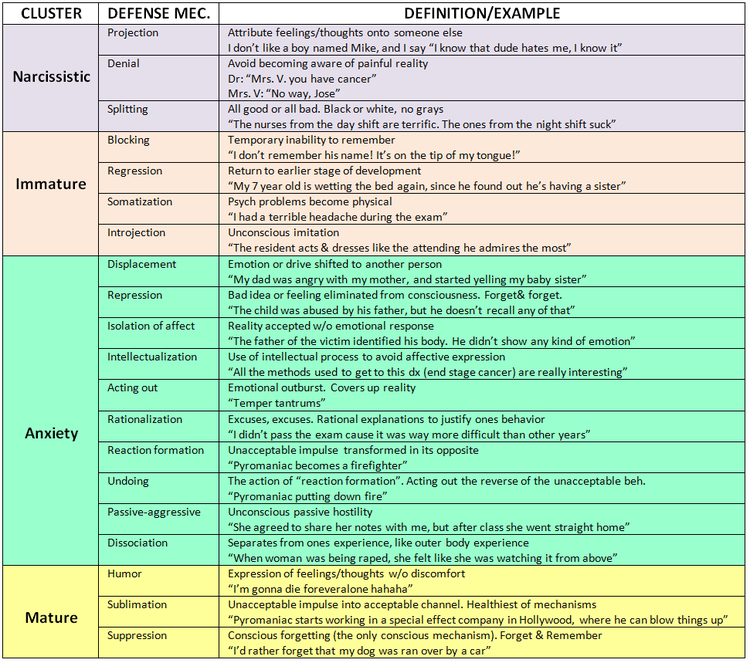 ”
”
“Overall, narcissism is problematic for both individuals and society. Those who think they are already great don’t try to improve themselves,” Bushman said.
“And narcissism is bad for society because people who are only thinking of themselves and their own interests are less helpful to others.”
Bushman emphasized that the one question tool (SINS) shouldn’t be seen a replacement for the longer narcissism questionnaires (NPI, etc) as other instruments can provide more information to researchers, such as which form of narcissism someone has.
“But our single-item scale can be useful for long surveys in which researchers are concerned about people getting fatigued or distracted while answering questions and possibly even dropping out before they are done,” Bushman said.
He noted that if it takes a person 20 seconds to answer the single question in the SINS measure, it would take him or her 13.3 minutes to answer the 40-question NPI.
“That is a big difference if you’re doing a study in which participants have to complete several different survey instruments and answer a long list of other questions,” he said.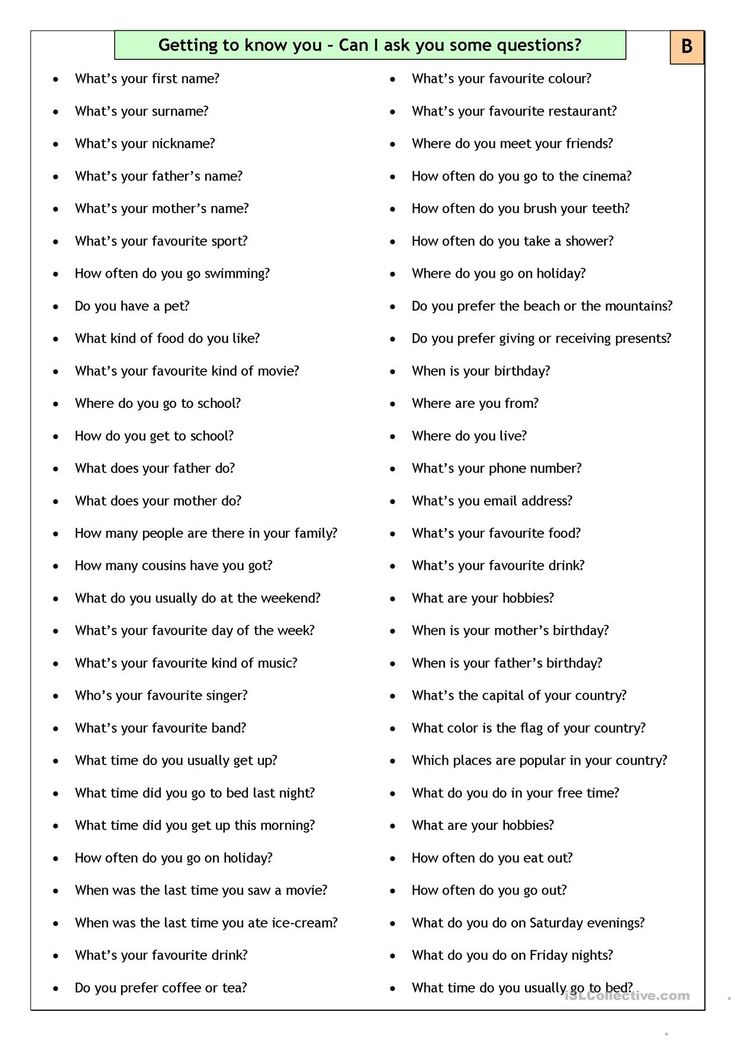
The 11 different experiments took a number of different approaches to determine the validity of SINS. Some used undergraduate college students, while others involved online panels of American adults.
One experiment found that SINS was positively related to each of the seven subscales of the NPI which measure various components of narcissism (vanity, exhibitionism, exploitativeness, authority, superiority, self-sufficiency, and entitlement).
Another study found that that participants tended to have similar scores on SINS when tested 11 days apart.
One experiment replicated past work that showed people scoring high in narcissism were more likely to engage in risky sexual behaviors and had difficulty maintaining long-term committed romantic relationships.
“People who scored higher on narcissism on the SINS had both positive and negative outcomes,” Bushman said. They reported more positive feelings, more extraversion, and marginally less depression.
But they also reported less agreeableness, and more anger, shame, guilt, and fear. In addition, people scoring high on SINS showed negative interpersonal outcomes, such as having poor relationships with others and less prosocial behavior when their ego was threatened.
In addition, people scoring high on SINS showed negative interpersonal outcomes, such as having poor relationships with others and less prosocial behavior when their ego was threatened.
“The advantage of SINS compared to other measures,” Bushman said, “is that it allows researchers to identify narcissists very easily.”
“We don’t think SINS is a replacement for other narcissism inventories in all situations, but it has a time and place,” he said.
Source: Ohio State University
Narcissist photo by shutterstock.
Narcissistic Personality Inventory (NPI-40) • Psychologist Yaroslav Isaikin
Narcissistic Personality Inventory (NPI) The Narcissistic Personality Inventory (NPI) is a widely used tool for determining the degree of narcissism in social psychology research. Despite the fact that different sources offer different versions of the questionnaire, only one of them, consisting of 40 questions with ready-made answers, is most often used in research. The questionnaire is based on the clinical criteria for defining narcissism described in the Diagnostic and Statistical Manual of Mental Disorders, Third Edition (DSM-III). NOL is used to measure relevant characteristics in all segments of the population and is applicable to identify "normal" or "hidden" (borderline) narcissism (high scorers do not always qualify for a diagnosis of narcissism).
The questionnaire is based on the clinical criteria for defining narcissism described in the Diagnostic and Statistical Manual of Mental Disorders, Third Edition (DSM-III). NOL is used to measure relevant characteristics in all segments of the population and is applicable to identify "normal" or "hidden" (borderline) narcissism (high scorers do not always qualify for a diagnosis of narcissism).
Because the questionnaire was originally based on the Diagnostic and Statistical Manual of Mental Disorders (DSM) criteria, a lot of research has been done into its factor structure. Robert Raskin and Howard Terry (1988) identified 7 factors of narcissism, such as lust for power, a sense of superiority, exhibitionism, taking things for granted, vanity, tendencies to exploit other people's resources, and self-confidence. The above criteria have been broadly compared with the DSM criteria for defining narcissism. Since that time, a number of studies have been carried out, the essence of which was to test the factor structure of NOL.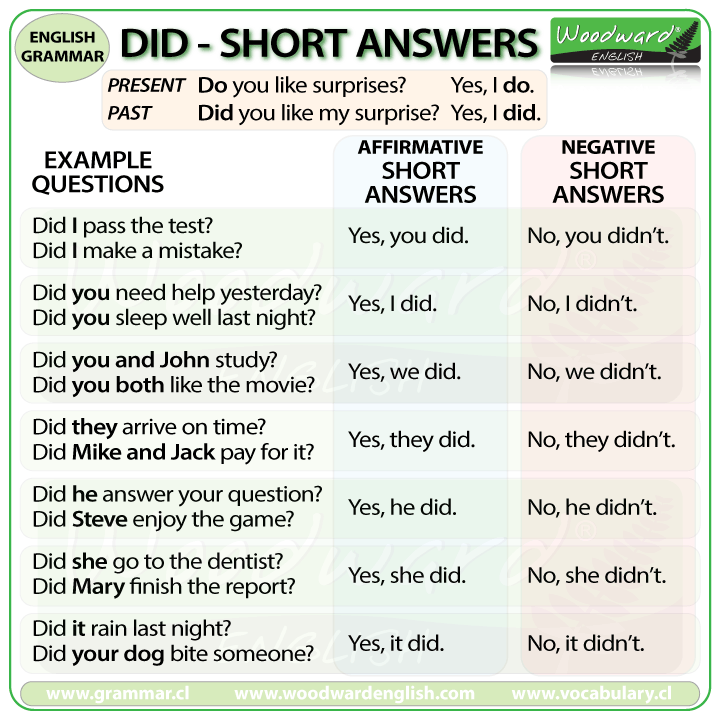 The results of studies varied, for example, some studies indicated the presence of three factors, others - four. Moreover, there are often cases where NOL factors show a very low level of internal consistency, despite the fact that the measurement range as a whole shows an acceptable level of reliability. Thus, it can be concluded that the factor structure of NOL is unknown. Recent studies have attempted to identify narcissism by just one criterion. Compared to NOL, this method has only one advantage: it does not combine narcissism and normal self-esteem or healthy self-esteem.
The results of studies varied, for example, some studies indicated the presence of three factors, others - four. Moreover, there are often cases where NOL factors show a very low level of internal consistency, despite the fact that the measurement range as a whole shows an acceptable level of reliability. Thus, it can be concluded that the factor structure of NOL is unknown. Recent studies have attempted to identify narcissism by just one criterion. Compared to NOL, this method has only one advantage: it does not combine narcissism and normal self-esteem or healthy self-esteem.
Research has shown that people who score high on NFA scores are more likely to cheat at games and cheat in romantic relationships. It also revealed the desire of such people for an unequal distribution of resources (more for themselves, less for others), the predominance of material values and an obsession with their appearance.
1.1
I have a natural talent for influencing people
I am not very good at influencing people
2.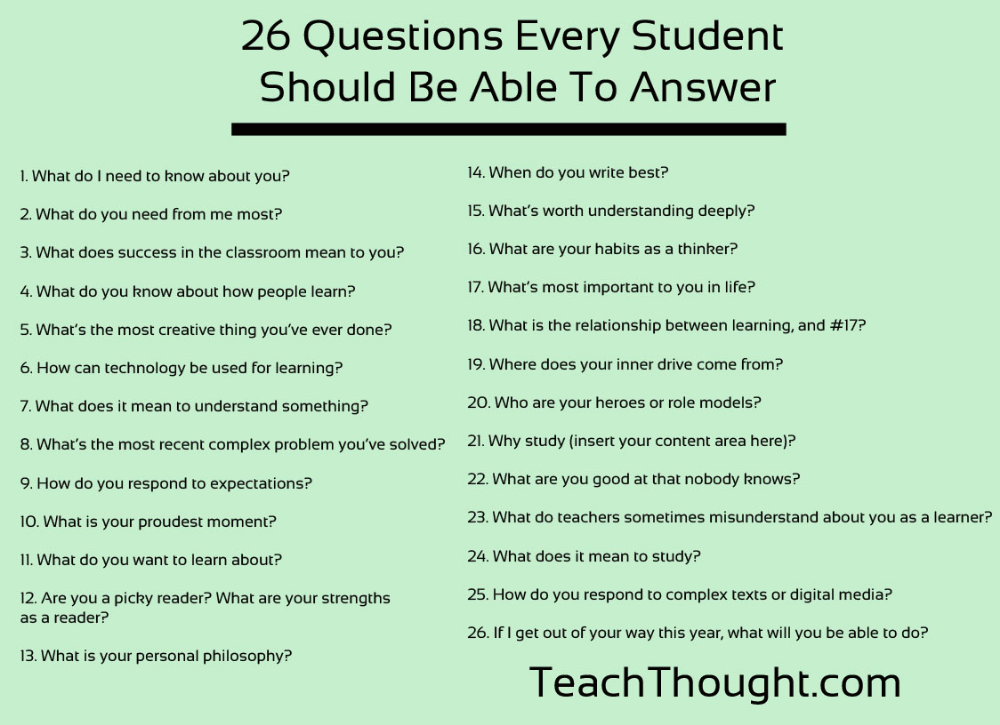 2
2
Modesty does not suit me
Basically, I am a modest person
3.3
I will do anything for a dare
I tend to be a rather cautious person
4.4
When people compliment me, I sometimes feel embarrassed
I know I'm good because everyone tells me so every now and then
5.5
The thought of ruling the world scares me terribly
If I ruled the world, it would be better
6.6
Usually I can get out of any situation
I try to take responsibility for the consequences of my behavior
7.7
I like to blend in with the crowd
I like to be the center of attention
8.8
I will succeed
I am not very worried about success
9.9
I am no better or worse than other people
I think I am a special person
10.10
I'm not sure I would make a good leader
I see myself as a good leader
11.11
I am confident
I would like to become more confident
12/12
I like to have power over people
I don't mind following others
13.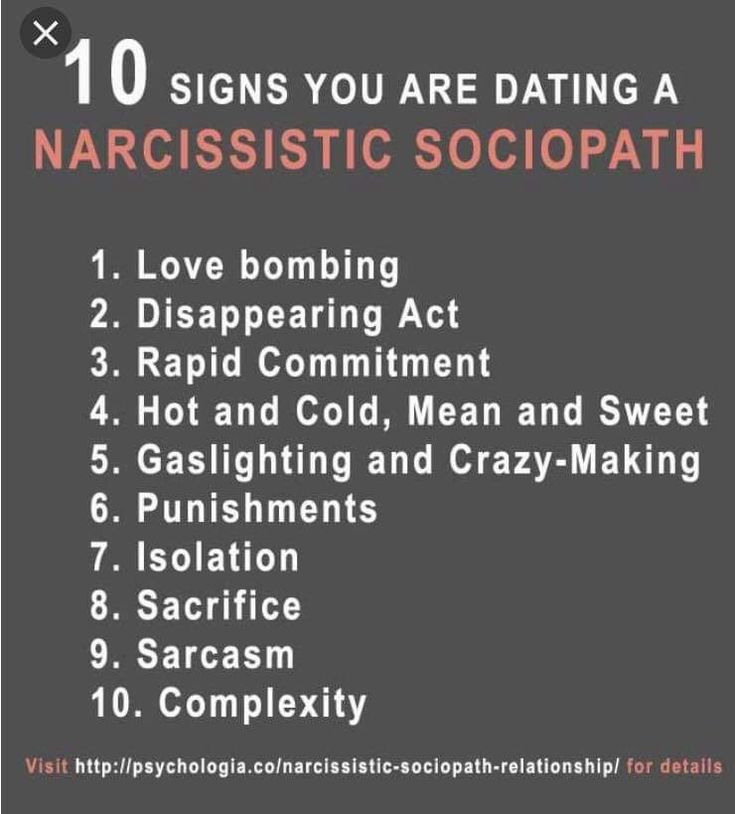 13
13
I can easily manipulate people
I don't like it when it turns out that I manipulate people
14.14
I insist on getting the respect I deserve
I usually get the respect I deserve
15.15
I don't particularly like to show my body
I like to show my body
16.16
I can read a person like a book
People are sometimes hard to understand
17.17
If I feel competent, I am ready to take responsibility for making decisions
I like to take responsibility for making decisions
18.18
I just want to be reasonably happy
I want to represent myself in the world
19.19
There is nothing special about my body
I like to look at my body
20.20
I try not to flaunt myself
I tend to flaunt myself if possible
21.21
I always know what I'm doing
Sometimes I'm not sure why I'm doing something
22.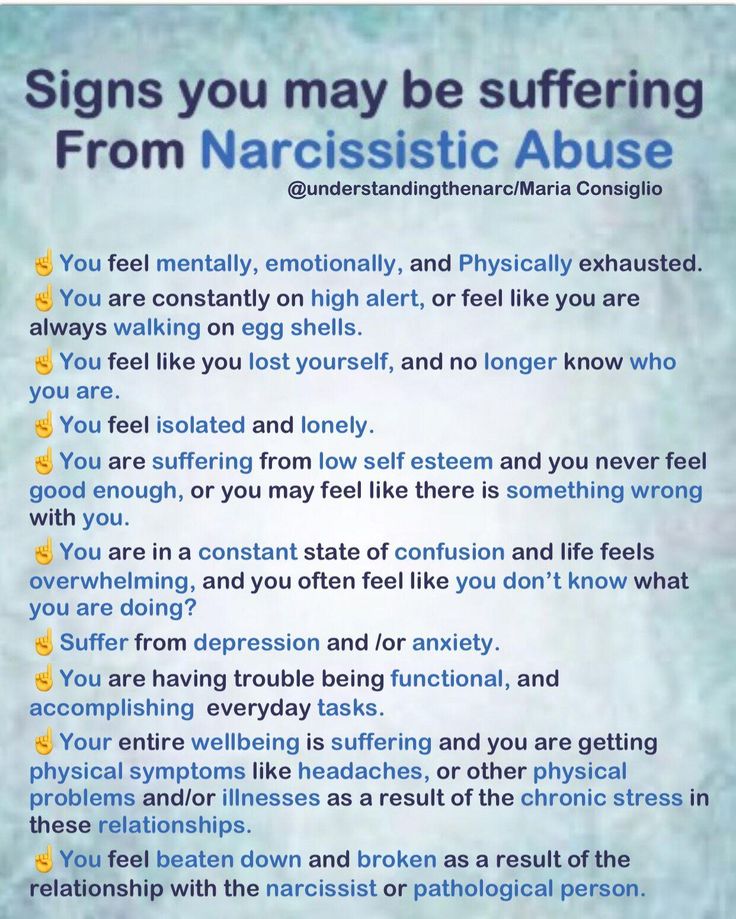 22
22
I sometimes have to depend on people to get results
I rarely depend on someone else to get results
23.23
Sometimes I tell good stories
Everyone likes to hear my stories
24.24
I expect a lot from other people
I enjoy doing things for other people
25.25
I am never satisfied until I get everything I deserve
I am satisfied with what I get
26.26
Compliments make me feel uncomfortable
I like being complimented
27.27
I have a strong desire for power
I am not interested in power for the sake of power
28.28
I don't care about new fashions and hobbies
I enjoy being the source of new fashions and hobbies
29.29
I like to look at myself in the mirror
I am not very interested in looking at myself in the mirror
30.30
I really enjoy being the center of attention
I feel uncomfortable being the center of attention
31.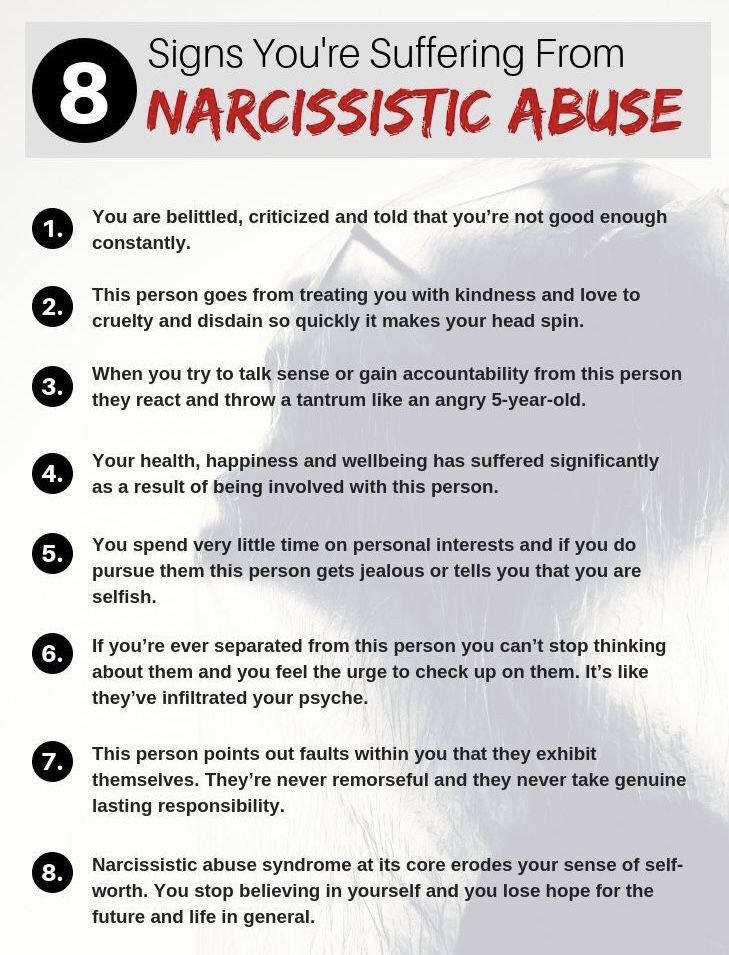 31
31
I can live the way I want
People can't always live the way they want
32.32
Having authority is not a big deal to me
People always seem to recognize my authority
33.33
I'd rather be a leader
It doesn't make much difference to me whether I'm a leader or not
34.34
I am going to be a great person
I hope that I will be successful
35.35
People sometimes believe what I tell them
I can make anyone believe anything I want
36.36
I am a born leader
Leadership is a quality that takes a long time to develop
37.37
I wish someone would write my biography someday
I don't like it when people pry into my life for whatever reason
38.38
I get upset when people don't notice how I look when I go out in public
I don't mind blending in when I go out in public
39.39
I am more capable than other people
I have a lot to learn from other people
40.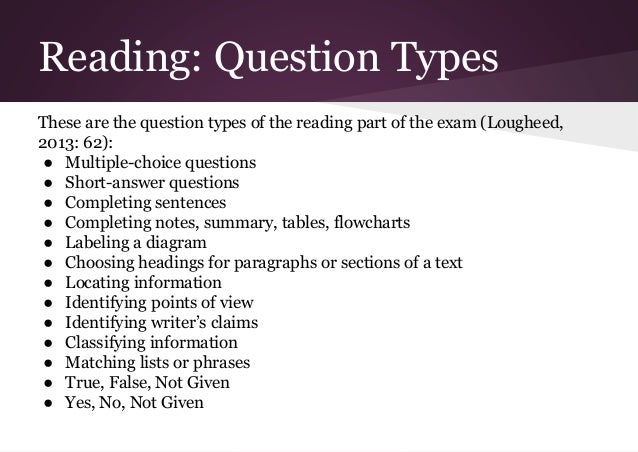 40
40
I am in many ways the same as everyone else
I am an extraordinary person
Narcissistic personality disorder test
Contents
- 1 Narcissism Test
- 2 Narcissistic Personality Test
- 3 Character Accentuation Test
- 4 Alternative Test
A variety of methods are used to diagnose narcissistic personality disorder. A psychologist or psychiatrist necessarily conducts a general examination and questioning of the patient and his relatives, clarifies in detail the manifestations of the syndrome, the age at which they were first noticed. Also, various tests can be used to clarify the diagnosis.
Narcissism test
NPI is an internationally recognized test for narcissism. It was developed in 1979 by Raskin and Hall to measure the manifestations of narcissism as a personality trait in sociopsychological research. It is based on the DSM III definition of narcissistic personality disorder, which was current at the time the test was developed.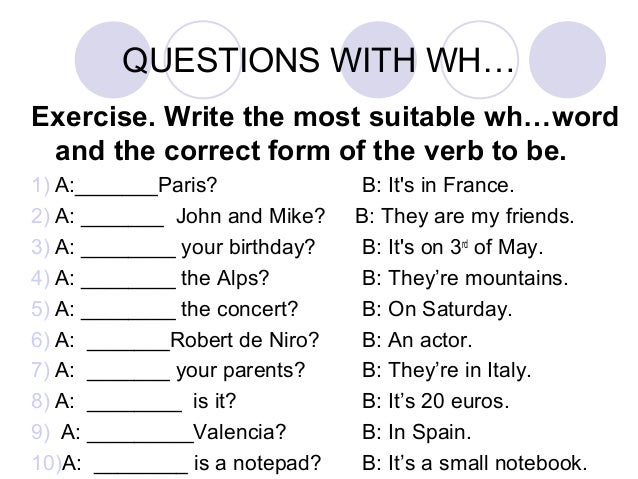 However, it cannot be used as the only tool for diagnosing narcissistic personality disorder. The test can show high scores even in healthy people or people with minimal manifestations of narcissism. It should only be used in combination with other examination methods for the most accurate diagnosis.
However, it cannot be used as the only tool for diagnosing narcissistic personality disorder. The test can show high scores even in healthy people or people with minimal manifestations of narcissism. It should only be used in combination with other examination methods for the most accurate diagnosis.
The test consists of 40 pairs of statements, from which the patient is asked to choose one that characterizes his personality and inherent features of behavior as much as possible. It is undesirable to think over the questions of the test for a long time, so its completion usually takes from 7 to 10 minutes.
For a more reliable interpretation of the results, it is recommended to pass this test under the supervision of a psychologist, and if you nevertheless passed it on your own, contact a professional with the results for a more reliable interpretation.
All test statements are divided into groups according to personality traits:
- Authority. This group of questions reveals a person's propensity for leadership, his desire to occupy leadership positions, confidence in his leadership abilities, the need for success, authority, power, and the degree of self-confidence.
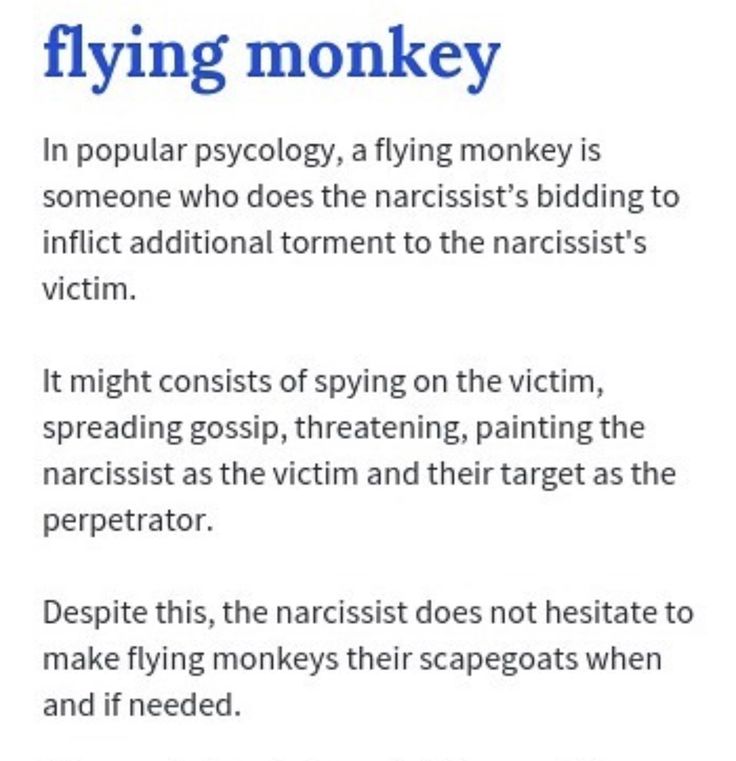
- Self-sufficiency. In this group, questions are aimed at clarifying the ability to work independently, the tendency to take responsibility, confidence in one's abilities and capabilities, and the scale of plans for the future.
- Superiority. Here, the patient's self-conceit is clarified with the help of questions about his abilities, attitude to compliments, a sense of his own peculiarity, the desire to share the details of his life with others.
- The patient's conspicuousness is determined both by direct questions about the tendency to show oneself, and questions about the attitude to modesty, behavior in public, the desire to follow fashion, the tendency to be in the center of attention of other people and make bets with them.
- Use of people. This group of questions reveals the patient's ability to manipulate the minds of others, to avoid responsibility for actions, to understand people, to convince of anything, the presence of oratory.
- Vanity is defined by the love of narcissism and the tendency to show off one's body.
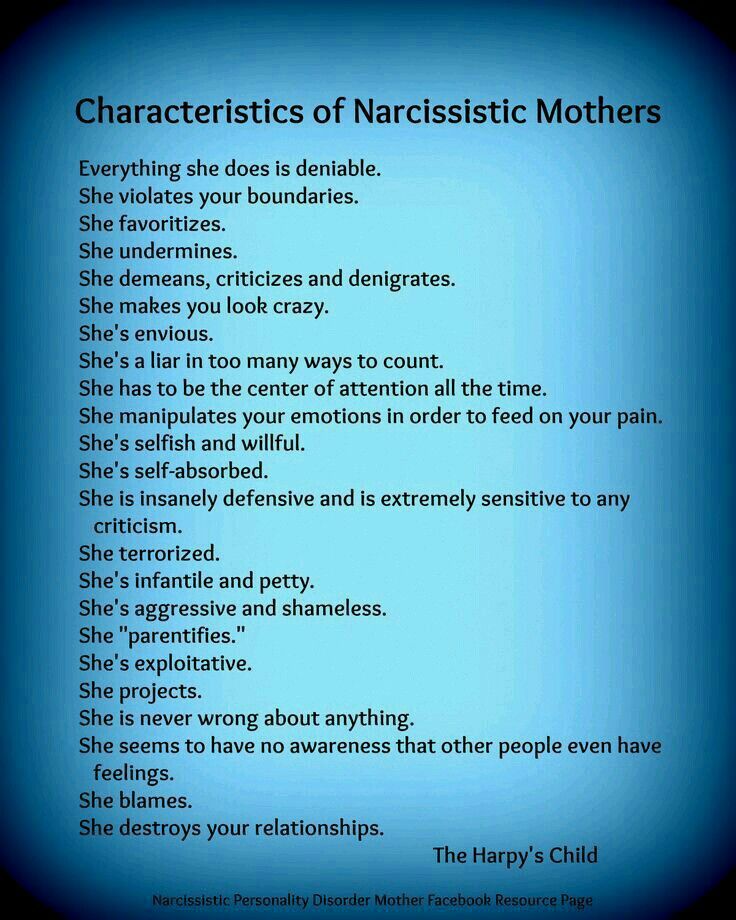
- Chosenness. The opinion about one's own superiority is revealed in a number of statements about the ability to be content with what is available, expectations from people, the desire for power, the need for respect, the desire to control others.
For each statement relating to narcissistic character traits, the subject is awarded one point. Thus, the maximum score is 40. The average score in the test, based on a survey of almost 3,500 people, is 15.2 points.
Test for narcissistic personality traits
Russian psychiatrists Shamshikova and Klepikova developed their own scale for assessing narcissistic personality disorder. The test is similar to the NPI, it has expanded the number of diagnostic scales and improved the system for assessing the severity of indicators. It includes 67 statements grouped into 9classes. When answering, it is proposed to evaluate the severity of each indicator on a five-point scale.
Groups of statements are made according to the DSM-IV diagnostic criteria:
- Confidence in one's own uniqueness.
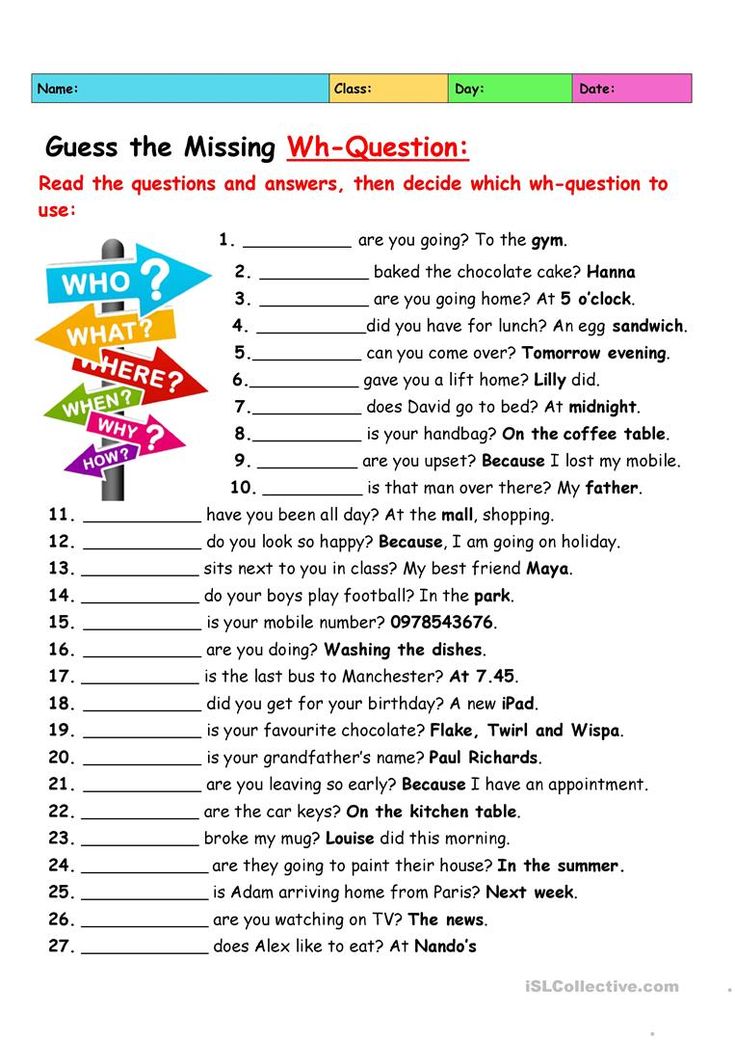
- The need for special treatment.
- Inability to understand the feelings of others.
- Excessive sense of self-importance.
- The need for admiration.
- Envy of others.
- Manipulation of relatives.
- Insolence, arrogance.
- Fantasizing about one's exclusive role.
Test for character accentuation
The standard Schmishek-Leonhard test for character accentuation can also tell a psychotherapist a lot. The identification of the predominance of signs characteristic of hyperthymic, demonstrative or exalted personalities indicates a high probability of the presence of narcissism. The same signs in the degree of character accentuation, especially if they are combined with narcissistic behavioral characteristics, can reliably indicate the corresponding personality disorder.
Alternative test
Researchers at Indiana State University have come up with an alternative test for narcissism.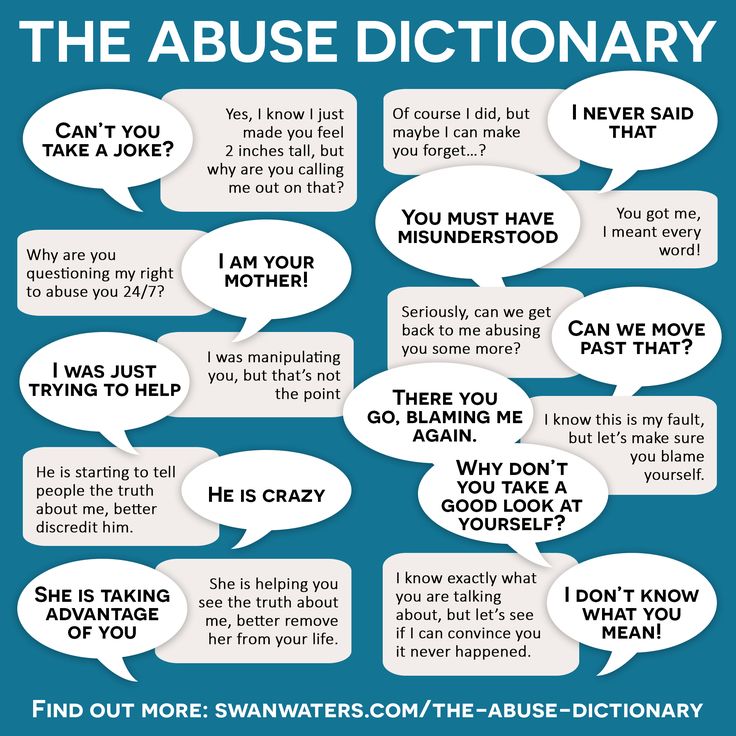 Their questionnaire includes only one question: “How much does the statement “I am a narcissist” characterize you?” and involves an assessment on a seven-point scale. They argue that the concept of narcissism is familiar enough to people that there is no need to ask further clarifying questions. If necessary, they offer to clarify that narcissistic personality disorder means selfishness, soullessness, self-centeredness. According to the authors of the study, about 2,500 people have already been interviewed and the test results are similar to those for the NPI test, which is considered the most reliable.
Their questionnaire includes only one question: “How much does the statement “I am a narcissist” characterize you?” and involves an assessment on a seven-point scale. They argue that the concept of narcissism is familiar enough to people that there is no need to ask further clarifying questions. If necessary, they offer to clarify that narcissistic personality disorder means selfishness, soullessness, self-centeredness. According to the authors of the study, about 2,500 people have already been interviewed and the test results are similar to those for the NPI test, which is considered the most reliable.
In any case, you should not blindly trust the tests. Narcissistic personality disorder is multifaceted and not only negative. A number of features of such people make them successful and help them achieve high results in their professional activities. Even a test result that indicates the presence of narcissism is not at all a reason for immediate active treatment. First of all, it is necessary to evaluate the influence of character traits on the life of a person and his immediate environment.